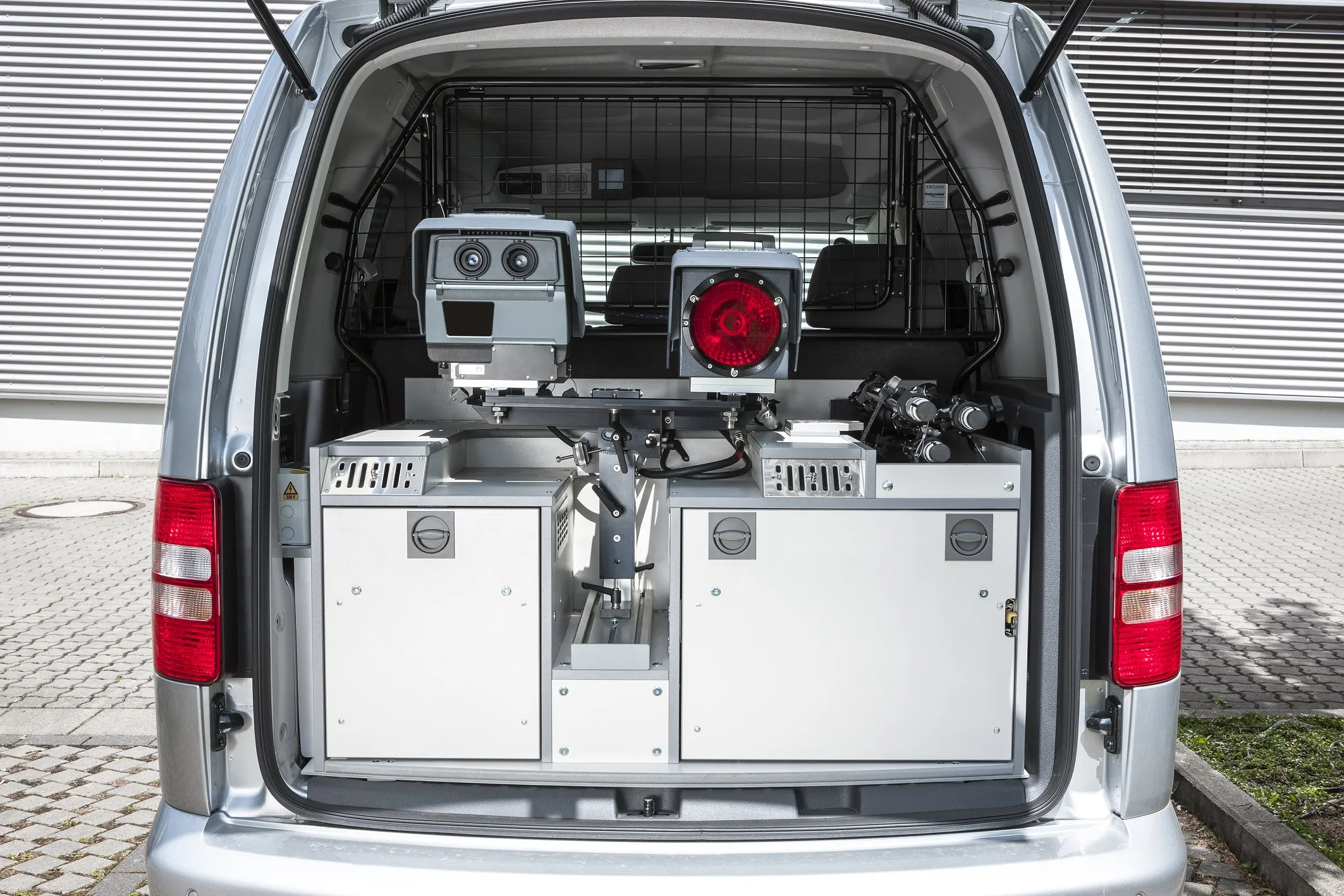Denmark’s electric vehicle (EV) charging infrastructure is to be expanded with the installation of fifty smart DC fast chargers. Electric mobility operator Clever has chosen power and automation technology group ABB to supply and maintain the fast chargers throughout Denmark. The companies say the ABB Terra 51 chargers, which are to be installed at strategic locations in the country, are ideally suited for freeway driving and has the capacity to fast charge electric vehicles in a matter of thirty minutes.
November 22, 2012
Read time: 2 mins
Denmark’s electric vehicle (EV) charging infrastructure is to be expanded with the installation of fifty smart DC fast chargers. Electric mobility operator Clever has chosen power and automation technology group ABB to supply and maintain the fast chargers throughout Denmark.
The companies say the ABB Terra 51 chargers, which are to be installed at strategic locations in the country, are ideally suited for freeway driving and has the capacity to fast charge electric vehicles in a matter of thirty minutes.
ABB web-connected fast chargers have the capacity to offer full range connectivity, remote assistance and software upgrading and are capable of being connected to electric distribution system or smart grid for effective and timely charging of electric vehicles.
The chargers have been specially chosen due to their reliability and higher level of uptime. The company is well versed in the demands for quick and efficient fast charging in the EV industry.
"We are delighted that we have signed an agreement with ABB. At Clever, the development of a smart EV charging network that is able to easily implement ABB's fast charging products, along with other suppliers, enables us to shortlist the right products at the right price; benefiting our customers," says Lars Bording, Clever's CEO.
Clever's network of DC fast chargers and AC chargers builds on Denmark's commitment to becoming independent of fossil fuels by 2050. The country will reach its ambitious goal by increasing energy efficiency and resource optimisation; by expanding the share of renewable energy from sources such as wind and biomass; and by driving the development of an intelligent energy system capable of managing the fluctuations of renewable energy.
"Each web-connected ABB fast charger is capable of a full range of connectivity features, including remote assistance, management and servicing and smart software upgradeability," says Hans Streng SVP, GM EV charging infrastructure product group. "With the high share of intermittent renewable energy in the Danish electricity mix, smart charging becomes increasingly important. ABB's connected chargers are ready to be connected to any smart electricity distribution system or smart grid."
The companies say the ABB Terra 51 chargers, which are to be installed at strategic locations in the country, are ideally suited for freeway driving and has the capacity to fast charge electric vehicles in a matter of thirty minutes.
ABB web-connected fast chargers have the capacity to offer full range connectivity, remote assistance and software upgrading and are capable of being connected to electric distribution system or smart grid for effective and timely charging of electric vehicles.
The chargers have been specially chosen due to their reliability and higher level of uptime. The company is well versed in the demands for quick and efficient fast charging in the EV industry.
"We are delighted that we have signed an agreement with ABB. At Clever, the development of a smart EV charging network that is able to easily implement ABB's fast charging products, along with other suppliers, enables us to shortlist the right products at the right price; benefiting our customers," says Lars Bording, Clever's CEO.
Clever's network of DC fast chargers and AC chargers builds on Denmark's commitment to becoming independent of fossil fuels by 2050. The country will reach its ambitious goal by increasing energy efficiency and resource optimisation; by expanding the share of renewable energy from sources such as wind and biomass; and by driving the development of an intelligent energy system capable of managing the fluctuations of renewable energy.
"Each web-connected ABB fast charger is capable of a full range of connectivity features, including remote assistance, management and servicing and smart software upgradeability," says Hans Streng SVP, GM EV charging infrastructure product group. "With the high share of intermittent renewable energy in the Danish electricity mix, smart charging becomes increasingly important. ABB's connected chargers are ready to be connected to any smart electricity distribution system or smart grid."









